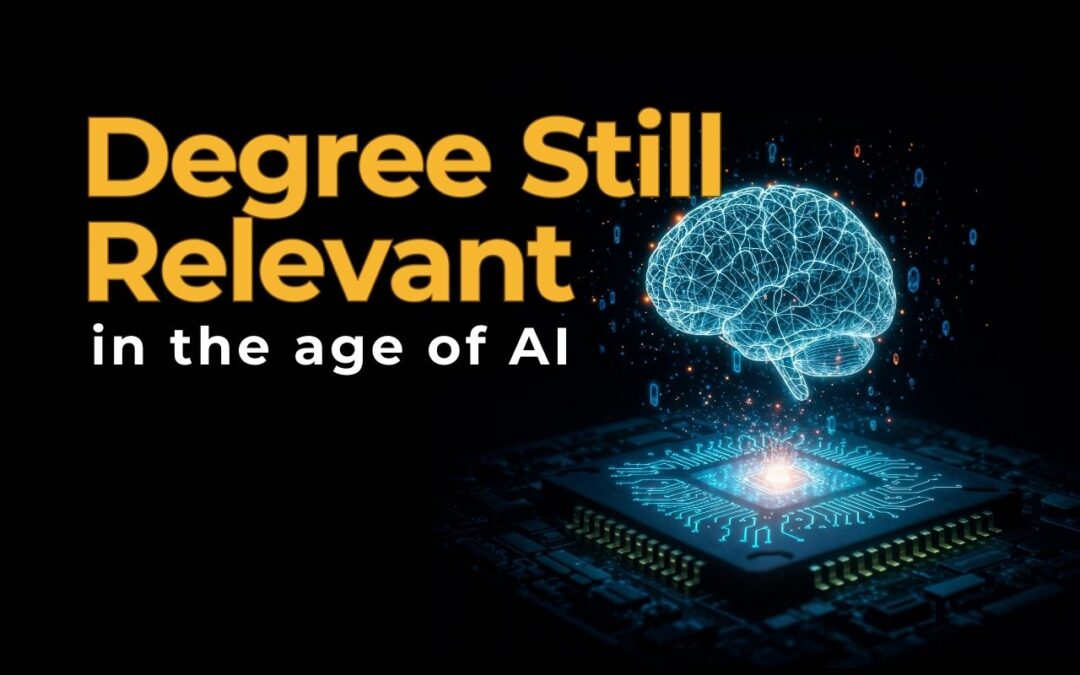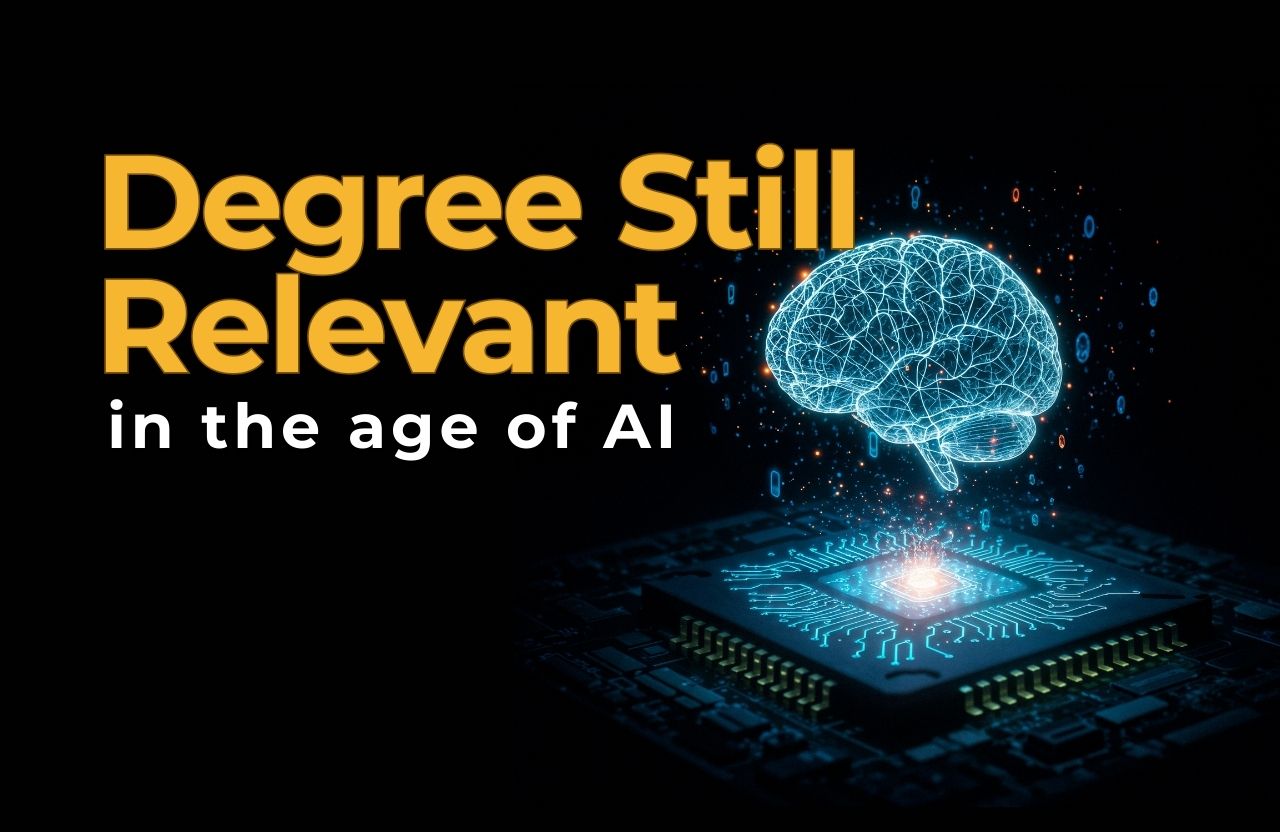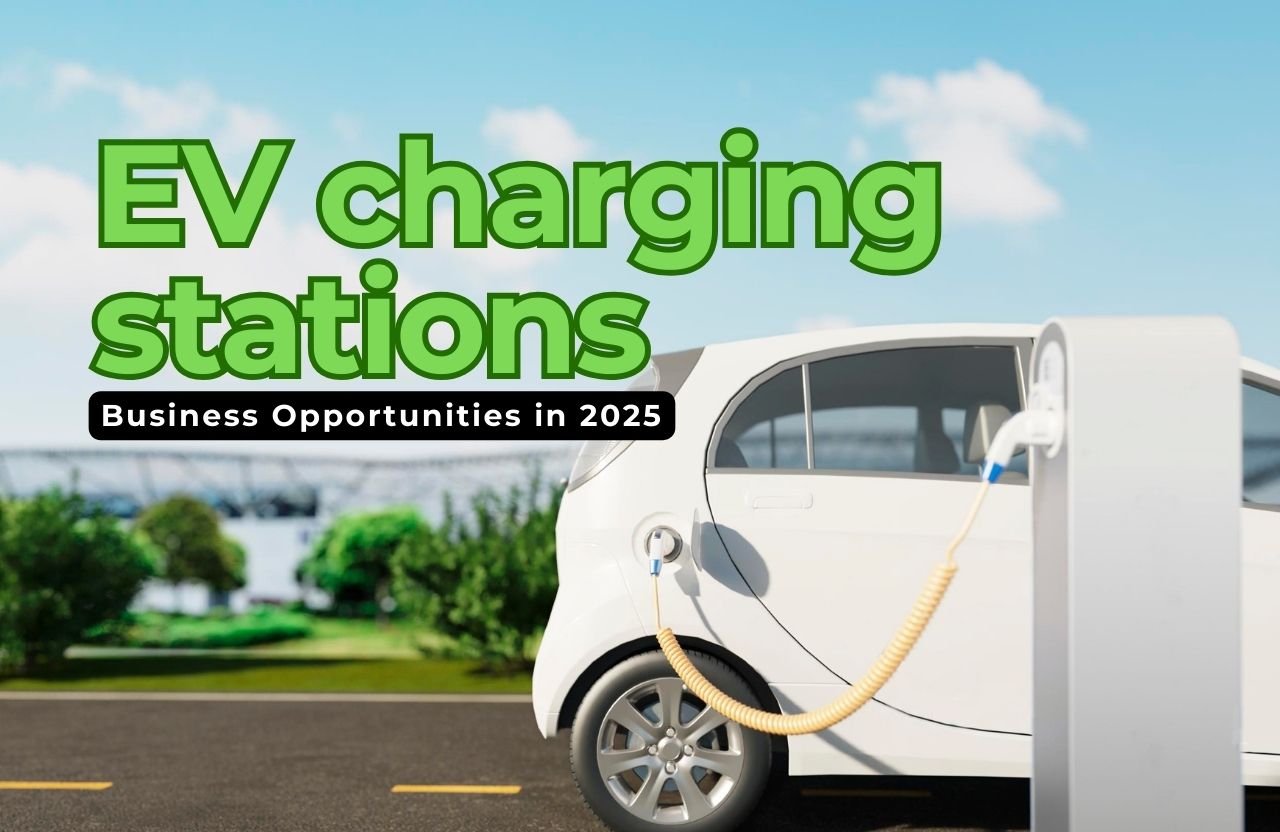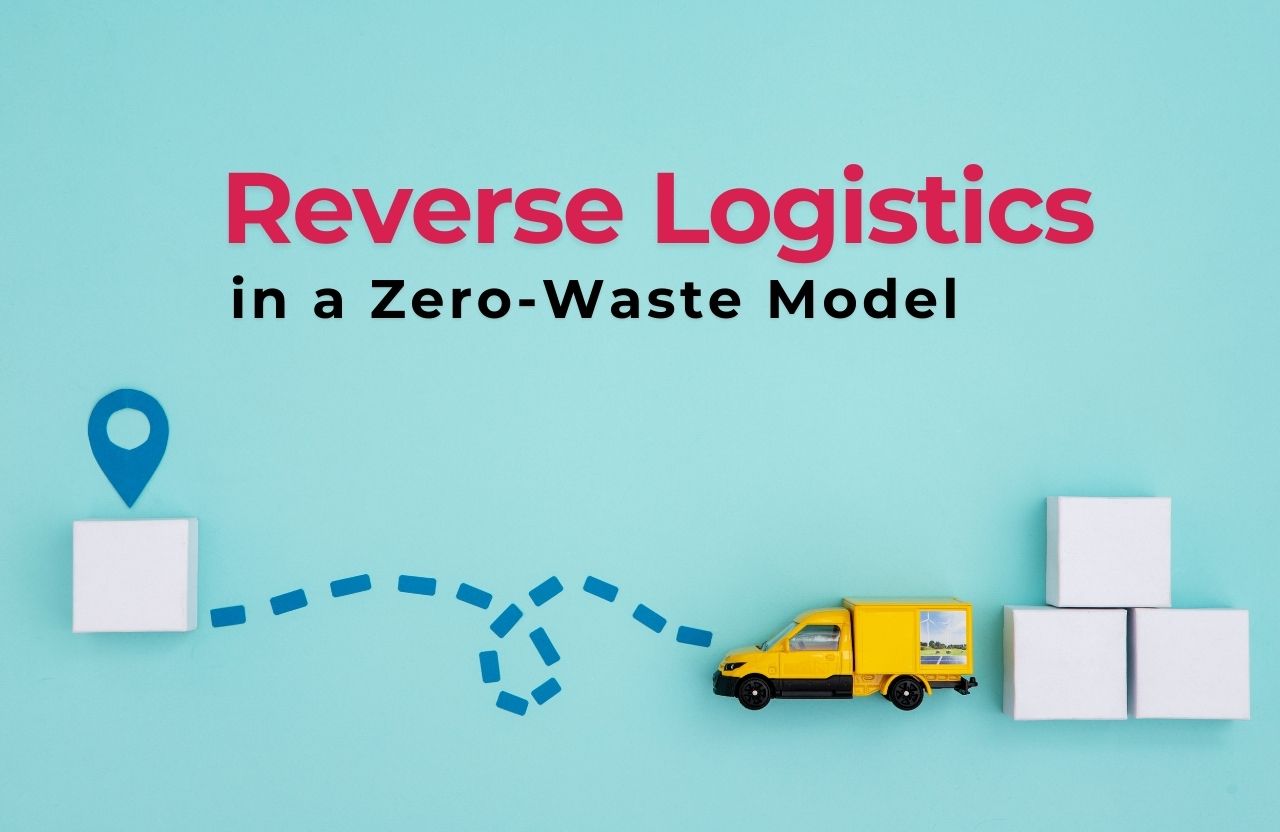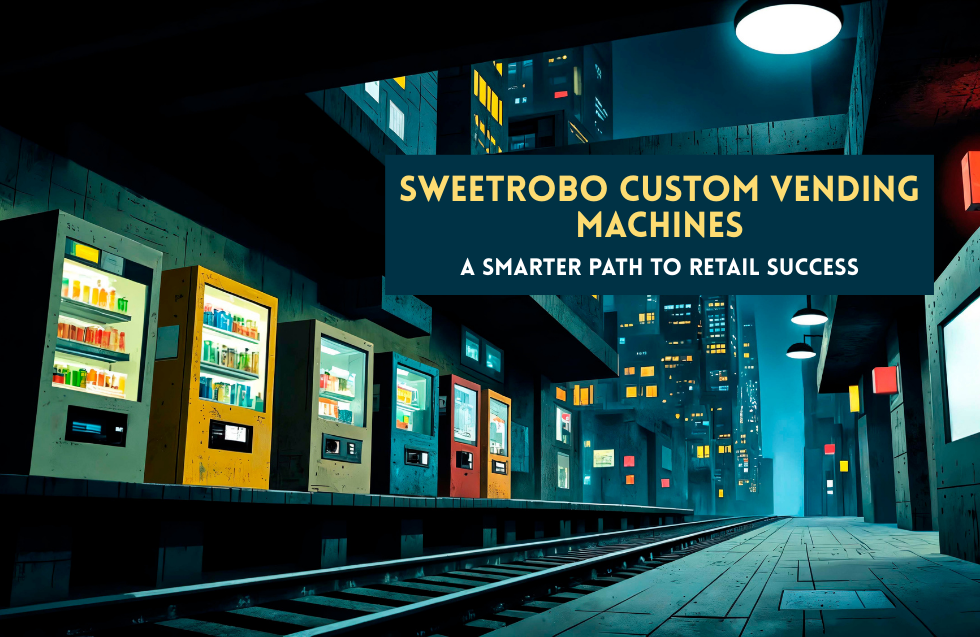The pace of change in today’s world is unprecedented and one shared question is appearing in college campuses in offices and at our own dining room tables: Is your degree still relevant in the age of AI?
With AI changing businesses, automating jobs and beginning to learn and adapt, many professionals and students are questioning if a college degree should be valued in the same way we once did.
In this article, we will explore whether a degree still remains relevant in the age of AI and how students can adapt.
1. Keeping a Degree Still Relevant in the Age of AI vs. Lightning-Speed Technology
One of the biggest challenges to keeping a degree still relevant in the age of AI is the mismatch between academic timelines and technological growth. By the time a student completes a 4-year program or a lengthy PhD AI advancements may have already transformed the industry.
In fact, Google’s GenAI pioneer Jad Tarifi argues that academic paths are becoming outdated, urging learners to pursue skills and real-world projects instead of waiting years for credentials. This raises a tough reality that formal degrees often struggle to keep up with AI’s exponential speed.
2. Employers Are Shifting Toward Skills
An increasing number of employers do not so much say, “Where did you graduate from?” but “What can you do?” This is a trend that renders a degree still useful in the age of AI as long as it is brought with current, real-world skills.
The PwC 2025 AI Jobs Barometer indicates that degree applications in AI-intensive jobs have declined drastically, whereas skill-based recruitment is thriving. Even job sites show a 15 percentage of decrease in degree requirements for 2018-24.
It is evident: firms now prioritize flexibility, problem-solving and technical proficiency over diplomas.
3. Gen Z Questions the Worth of Degrees
For most young graduates, the big question is a personal one: Is my degree still valid in the era of AI or did I waste four years?
Surveys indicate that 51% of Gen Z believe their degrees were a waste of time and 49% think AI is actively destroying their value.
This pessimism is further strengthened by dwindling entry position jobs traditionally kept for new graduates now being mechanized. Without those rungs on the ladder, students wonder if their degree still promises a solid career trajectory.
4. Why a Degree Still Remains Relevant in the Age of AI
Although skepticism is increasing, it would be unwise to abolish degrees. Those supporting the argument say that a degree remains valid in the era of AI because it enhances one’s critical thinking, communication and leadership qualities that AI cannot imitate.
PrimeWay Federal adds that degrees continue to be critical for developing long-term adaptability and human-centered judgment. Professors also point out that education constructs structures of lifelong learning and causes individuals to enhance AI instead of competing with it.
5. Reinventing Education for the AI Era
In an era of AI, institutions of higher education are thinking about education differently to continue to be current. Rather than stop AI tools, creative institutions are adapting to survive with the tools. Students are taught how to utilize AI responsibly yet remain analytically independent.
A Stanford professor recently pointed out that schools of higher learning need to focus on hands-on creation, educating students to produce things instead of merely to consume knowledge. This hands-on system may help bring the theory and application into balance.
These reforms aim to ensure a degree still remains relevant in the age of AI, bridging theory and practice.
6. Bold Predictions: Are Degrees “Dead”?
Not everyone agrees. Venture capitalist Vinod Khosla famously stated that “college degrees are dead,” foreseeing that AI-enhanced learning would take their place. In his view, AI-powered individualized tutors can impart knowledge quicker, less expensively and more efficiently than conventional higher education. If that reality materializes, the value of degrees will hinge not on convention but on whether or not they are capable of keeping pace with AI-based education paradigms.
7. Why a Degree Still Signals Value in the Age of AI
Economists cite the “sheepskin effect,” where completing a degree even with a very large difference in skills is worth substantially higher pay. That implies that a degree continues to be worthwhile in the AI era, at least as a signal of persistence, discipline and ability. However, with the prevalence of credential inflation, more graduates and fewer specialized jobs degrees may be signal loss unless combined with skill that has market value.
Frequently Asked Question (FAQ)
1. Will AI eliminate the need for a degree entirely?
No, Although AI diminishes the value of some credentialing. The degree will always be relevant in the AI age by developing human talents like empathy, ethics and creativity that AI cannot replicate.
2. Which fields see degrees depreciating at the fastest rates?
Tech degrees have the chance to become obsolete very soon because AI develops so rapidly. However, a degree in medicine, arts, psychology and teaching continues to be important, thus a degree is still viable under the age of AI for these fields. so a degree still remains relevant in the age of AI for these professions.
3. Is an online certification superior to a full degree these days?
It varies, certifications provide training for jobs quickly but a degree is still valuable in the age of AI when paired with continual upskilling. Combining the two will many times be the best option.
4. What do employers think about degrees nowadays?
Employers are heading in the direction of skills-first hiring. Even so, a degree can still mean something in the age of AI, if it indicates discipline and fits with the contemporary skills (data literacy, coding, digital fluency, etc.).
5. Should Gen Z avoid college entirely?
Not necessarily. A degree is still valuable in the age of AI if the right one is to pick programs with AI integration, internships and project-based learning. Avoiding college might stifle networking and long-term development.
6. Will AI render higher education less expensive?
AI instructors and adaptive learning systems might reduce prices but top-ranked universities might increase prices even more for the status value. Either way, a degree is still important in the era of AI provided that it adapts to these developments. Certifications give quick, work-ready training but a degree is nonetheless useful in the AI age with additional continuous upskilling. The ideal position is often a degree and the certification.
7. How do I future-proof my degree?
By your degree with continuous skill development, especially in creativity, problem-solving and AI literacy. You still have a degree relevant in the AI age and you will stand out in the job market.
Final Thoughts
AI is redefining the rules of work, learning and opportunity. Although it’s certain the worth of degrees is changing, it would be an exaggeration to say they’re dead. Instead, the goal is to create a degree that will remain relevant in an age of AI by using it alongside critical thinking, flexible skills and a commitment to lifelong learning.
So, in actuality, here’s the core question. Will you let your degree define your value or will you re-define the degree’s importance in a world of AI?
